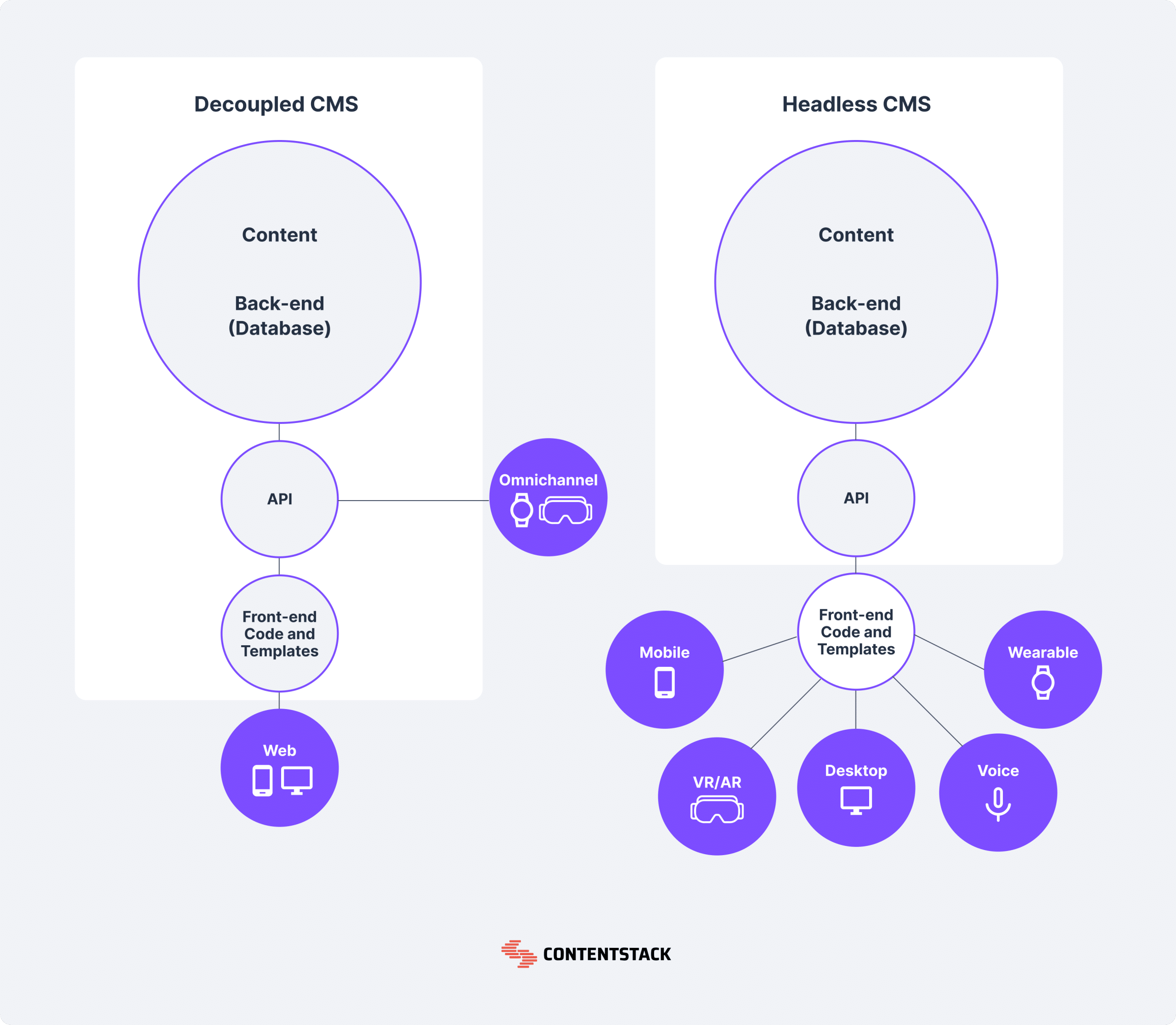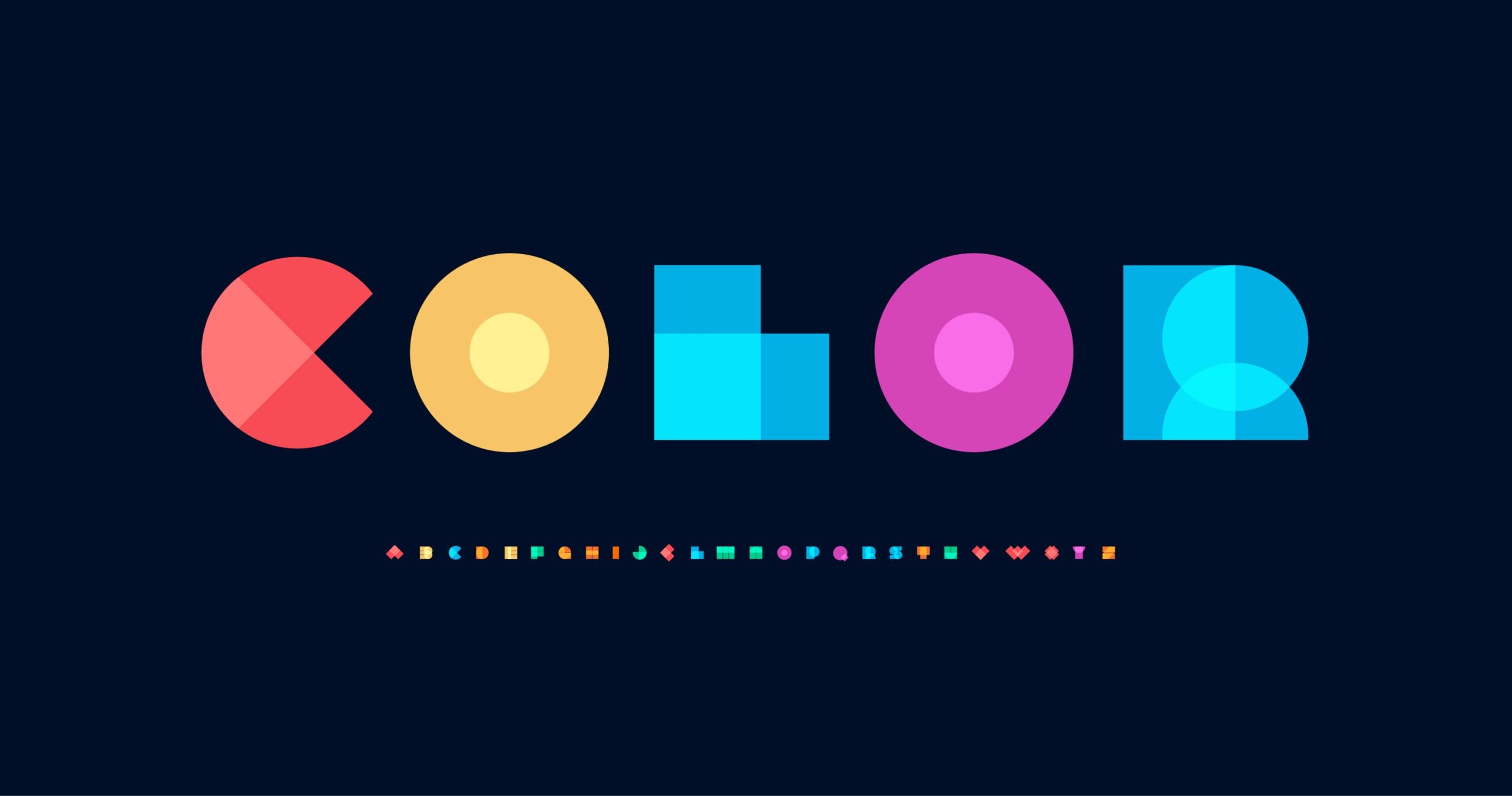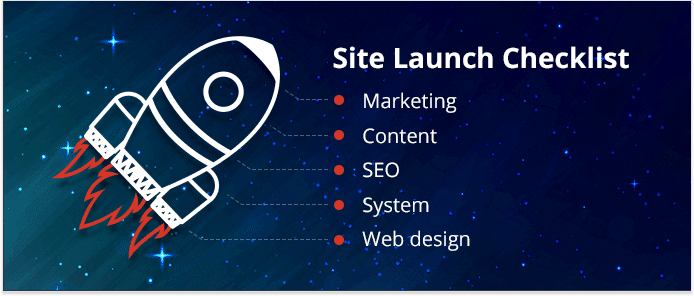Key Elements of an Author Website
The ability to communicate with readers, promote their work, and establish a brand online is crucial for authors in the digital age. A writer’s website acts as a virtual information center where readers, literary agents, and publishers can find out more about them and their works. Incorporating numerous essential components that appeal to various facets of an author’s identity and body of work is necessary for creating an effective author website.
The Essential Components:
1. Home Page:
An author’s website’s front page serves as a virtual welcome mat. It serves as the initial impression visitors have of the website and should perfectly capture the voice and writing style of the author. Visitors can learn about the author’s work more quickly with the help of a simple, aesthetically pleasing design and a succinct introduction. Think about including a compelling header graphic that captures the tone or subject matter of your content.
2. About the Author:
Authors can highlight their personal histories and literary backgrounds on the “About” page. An expert photo, a brief biography, and tales that shed light on the author’s sources of inspiration and writing process can all be included in this area. Remember that readers frequently appreciate developing a personal connection with authors, so providing some personal information might help the author seem more relatable.
3. Works Portfolio:
The literary works of an author should be prominently displayed on their website. Make a page just for the books, stories, articles, or other content you’ve written. Include book covers, plot summaries, and buy links. If you write in multiple genres, think about categorizing your works to make it simpler for readers to find the content they want. For website design for authors see here.
4. Blog or News Section:
An ideal forum for authors to communicate their ideas, observations, and updates to their audience is a blog or news section. You may keep readers interested and entice them to return by frequently uploading articles on your writing process, business trends, or subjects pertinent to your work. Your knowledge and dedication to your art are also highlighted in this section.
5. Contact Information:
Make it simple for readers, prospective partners, and publishers to contact you. Provide direct contact information, such as an email address or social network links, or provide a contact form on a separate “Contact” page.
Enhancing User Experience:
1. Reader Engagement:
Give readers options to interact with your content. Think about including a comment section beneath your blog posts or book pages so readers may share their opinions. Additionally, you can use social network sharing buttons to motivate visitors to tell others about your work.
2. Mailing List Signup:
For authors, creating an email list is a significant marketing tool. Give visitors the chance to sign up for your newsletter. You may use this to speak with your audience directly and let them know about upcoming activities, events, and deals. https://industrialvibration.com.au/
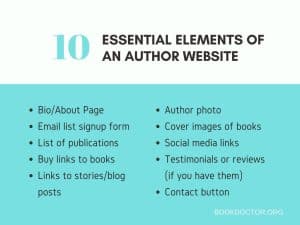
3. Media Kit:
A media kit is necessary for authors looking for publicity or working relationships. Press releases, book covers, author images in high definition, and any pertinent media coverage should all be included. Journalists, bloggers, and event planners can use this kit as a resource.
4. Events Calendar:
An events calendar on your website is useful if you attend book signings, readings, or online activities. This gives your audience a chance to connect with you in person and keeps them informed about your upcoming events.
5. Mobile Responsiveness:
Making sure your website is responsive across a range of devices is essential in today’s mobile-centric environment. Visitors to a website that is mobile-friendly enjoy a seamless browsing experience whether they are on a laptop, tablet, or smartphone.
Showcasing Creativity:
1. Visual Elements:
Include images that complement your writing style. This could contain fonts, color palettes, and pictures that correspond to the themes of your novels. A website that is visually consistent makes a lasting impression.
2. Multimedia Integration:
Think of include multimedia components like author interviews, book trailers, or audio snippets. These additions offer a richer experience and a dynamic method to expose visitors to your work.
3. Behind-the-Scenes:
Showcase your creative process to your audience. Sharing writing advice, drafts, research insights, and occasionally even difficulties you’ve faced with writing could be part of this.
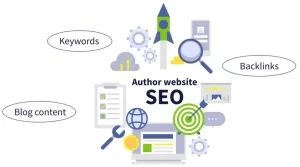
Technical Considerations:
1. Domain Name:
Pick a domain name that is simple to spell, memorable, and represents your author brand. Your author name ought to ideally be included in the domain.
2. Hosting and Platform:
Choose a reputable site host and a user-friendly platform like Squarespace or WordPress. These platforms provide templates and plugins that can be customized to improve the operation of your website.
3. Security and Updates:
Update the plugins and applications on your website frequently to maintain security and optimal functionality. Your data and the information of your visitors are both protected by a secure website.
Conclusion:
A website for an author must carefully take into account a number of factors that serve the needs of readers, publishers, and collaborators. A website that promotes your work and builds your author brand online can be created by combining key elements, user-friendly features, artistic touches, and technological considerations. Putting time and work creating your author website is an investment in your literary success, regardless of how experienced you are as a writer or where you are in your career.




